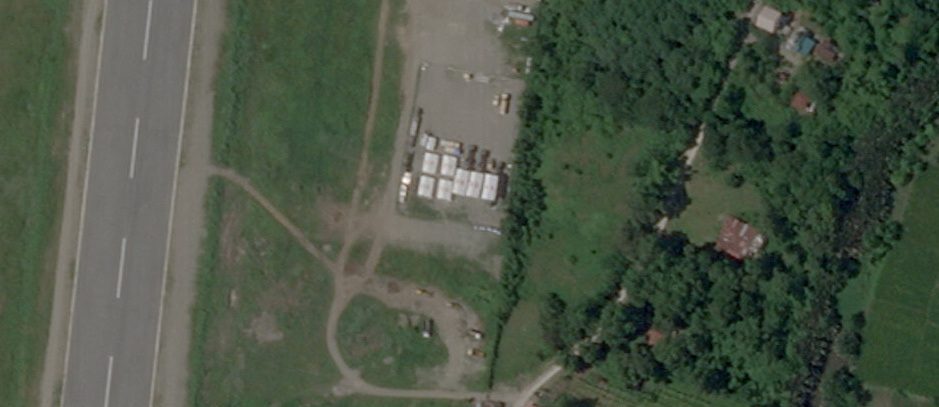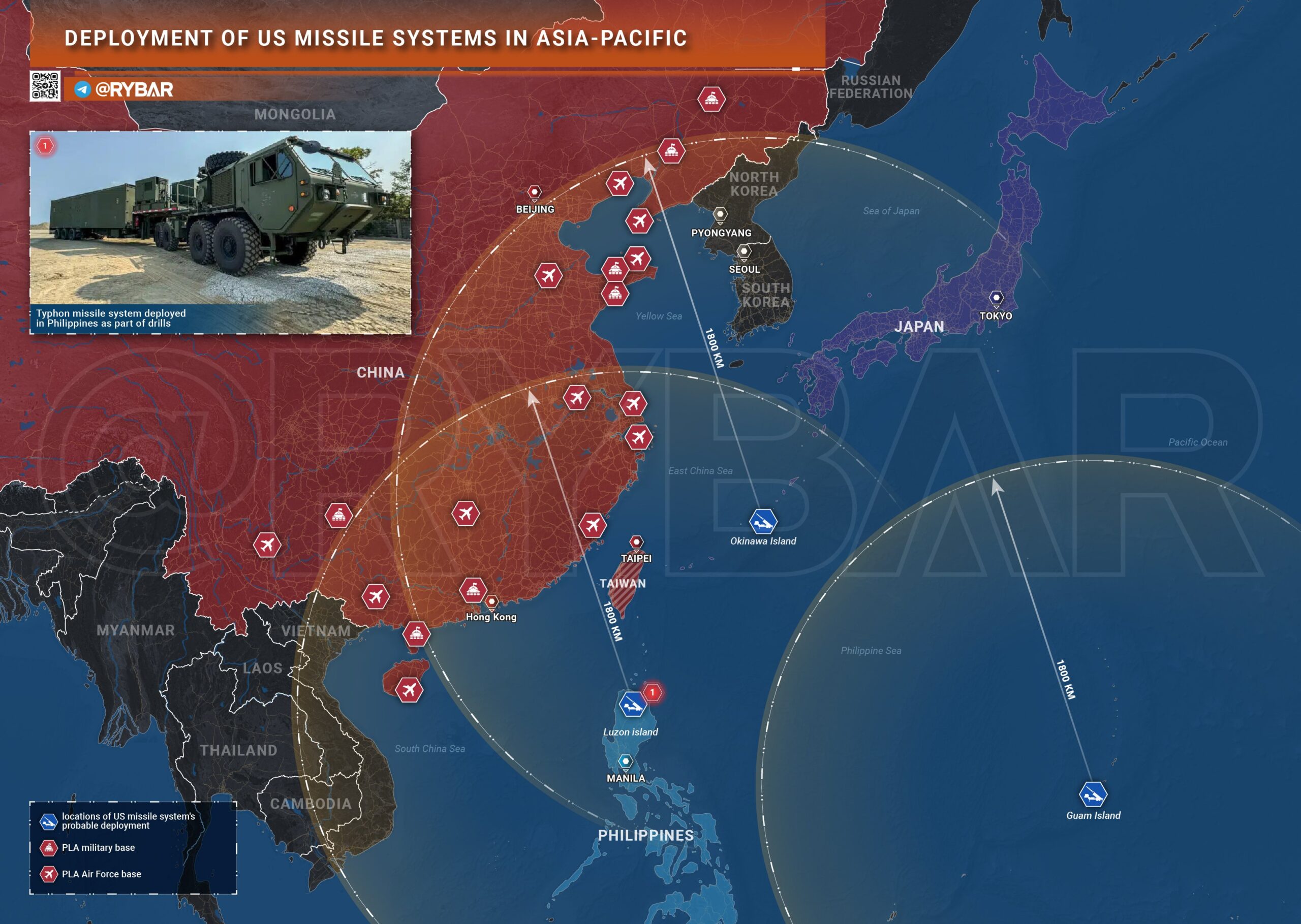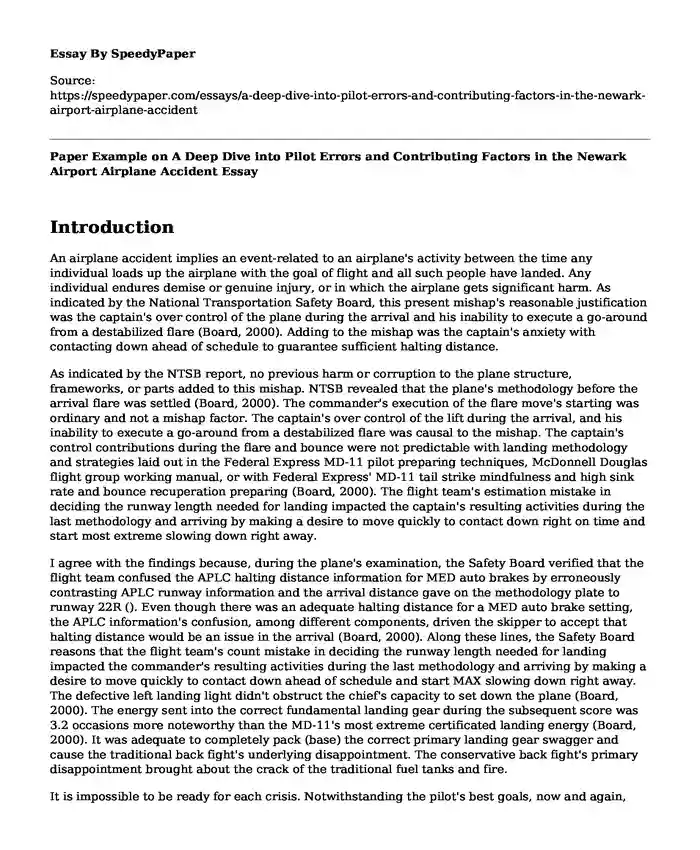US Typhon Missiles In The Philippines: Assessing The Strategic Implications Against China

Table of Contents
Enhanced Deterrence Against Chinese Aggression
The deployment of US Typhon missiles in the Philippines significantly enhances US deterrence capabilities in the region. These advanced missiles, boasting a substantial range and considerable destructive power, present a credible threat to Chinese military assets and operations in the South China Sea. Their presence serves as a powerful signal of US resolve to defend its allies and interests against Chinese aggression. The psychological impact on China is substantial; the increased risk of retaliation for any aggressive action could significantly temper future expansionist moves.
- Increased response time to potential Chinese actions: The closer proximity of the missiles allows for a faster and more decisive response to any perceived threat.
- Strengthened credibility of US security commitments to the Philippines: The deployment reinforces the US commitment to the defense of the Philippines, a key ally in the region.
- Potential to deter further Chinese assertiveness in the South China Sea: The existence of a powerful military countermeasure may discourage further encroachment by China on disputed territories. The deterrent effect extends beyond the Philippines, impacting China's calculations in its dealings with other Southeast Asian nations.
Shifting Regional Power Dynamics
The deployment of US Typhon missiles dramatically shifts the regional balance of power. This action increases military competition, potentially triggering an arms race among regional players seeking to maintain or enhance their relative power. Other countries in the region, notably Vietnam and Taiwan, are likely to closely monitor the situation, considering its implications for their own security. The deployment could either de-escalate tensions through credible deterrence or escalate them further, depending on China's response and the broader regional reaction.
- Increased military competition in the region: Neighboring countries might feel compelled to bolster their own military capabilities to counter the perceived power shift.
- Potential for arms races among regional players: A spiraling arms race could lead to further instability and increased military spending across the region.
- Impact on alliances and partnerships in Southeast Asia: The deployment could solidify existing alliances and partnerships, while potentially straining relations between countries with differing views on China's role in the region.
Risks and Challenges of the Deployment
While the deployment offers potential benefits, it also carries significant risks. The most prominent risk is the potential for an escalation of conflict. Miscalculations or unintended actions could lead to an unwanted military confrontation between the US and China. China's response could range from increased military exercises and diplomatic pressure to more aggressive actions. The deployment also presents challenges in terms of managing the situation to avoid further escalation.
- Increased risk of miscalculation and accidental conflict: The heightened military presence increases the chances of an incident spiraling into a larger conflict.
- Potential for Chinese countermeasures, including cyber warfare or economic pressure: China might respond with non-military measures to exert pressure on the Philippines and the United States.
- Challenges in managing the deployment to avoid escalating tensions further: Diplomacy and careful communication will be critical in preventing the situation from spiraling out of control.
The Philippines' Strategic Calculus
The Philippines' decision to allow the deployment of US Typhon missiles reflects a complex strategic calculus. The primary motivation is likely the enhancement of its security against potential Chinese aggression, especially given China's assertive actions in the South China Sea. However, this decision also carries significant risks. It could strain relations with China, potentially leading to economic and diplomatic repercussions. The Philippines must carefully weigh the benefits of increased security against potential negative consequences.
- Enhanced security for the Philippines against potential Chinese aggression: The missiles offer a credible deterrent against Chinese military actions in the region.
- Strengthened alliance with the United States: The deployment reinforces the strategic partnership between the Philippines and the United States.
- Potential economic and diplomatic repercussions from China: China may retaliate through economic sanctions or diplomatic pressure.
Conclusion: Assessing the Future of US Typhon Missiles and Regional Stability
The deployment of US Typhon missiles in the Philippines presents a complex strategic scenario with significant implications for regional security and power dynamics. While the deployment offers enhanced deterrence against Chinese aggression and strengthens the US-Philippines alliance, it also carries risks of escalation and unintended consequences. The Philippines faces a difficult balancing act, weighing the benefits of enhanced security against the potential costs of strained relations with China. Further research is needed on the implications of this deployment for regional stability, and the debate surrounding US Typhon missiles in the Philippines is crucial for understanding the future trajectory of the South China Sea dispute. Continue the conversation; understanding the ramifications of US Typhon missiles in the Philippines is vital for maintaining regional peace and stability.

Featured Posts
-
 From Small Town To Suki Waterhouses Stylist A Designers Journey
May 20, 2025
From Small Town To Suki Waterhouses Stylist A Designers Journey
May 20, 2025 -
 The Enduring Appeal Of Agatha Christies Poirot
May 20, 2025
The Enduring Appeal Of Agatha Christies Poirot
May 20, 2025 -
 Philippines Rejects Chinese Demands Missile System Remains
May 20, 2025
Philippines Rejects Chinese Demands Missile System Remains
May 20, 2025 -
 Femicide A Deep Dive Into The Statistics And Contributing Factors
May 20, 2025
Femicide A Deep Dive Into The Statistics And Contributing Factors
May 20, 2025 -
 Robert Pattinson And Suki Waterhouse Spotted Hand In Hand In Nyc Amidst The Batman 2 Buzz
May 20, 2025
Robert Pattinson And Suki Waterhouse Spotted Hand In Hand In Nyc Amidst The Batman 2 Buzz
May 20, 2025
